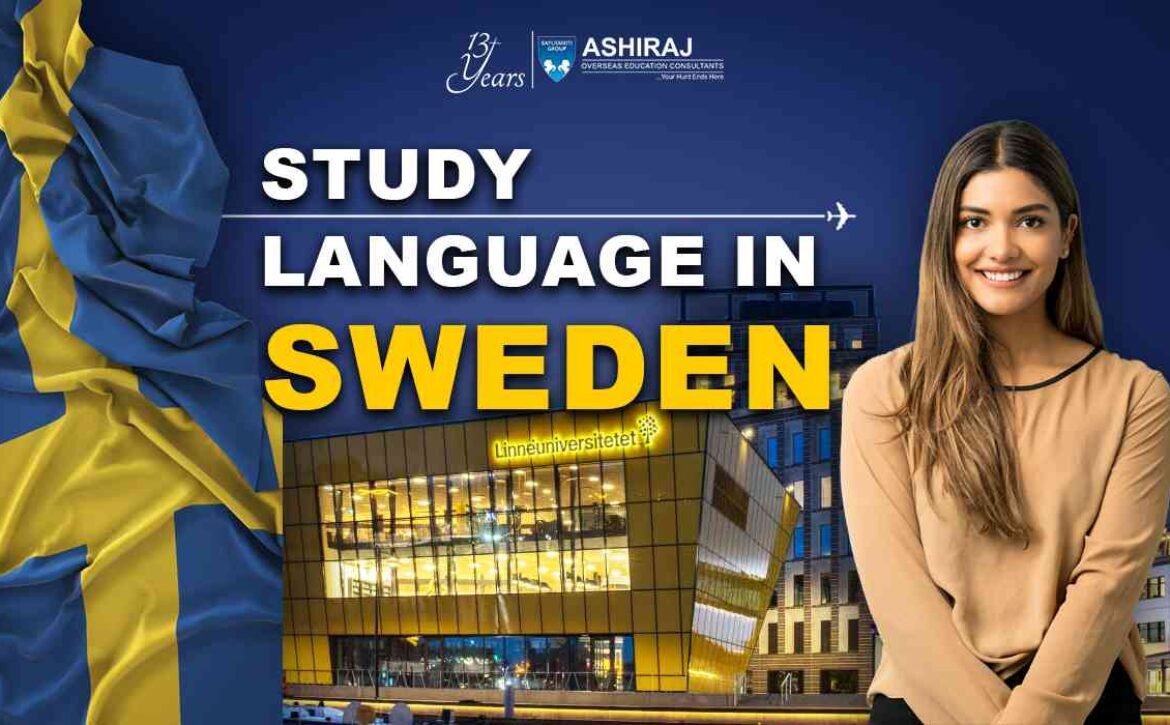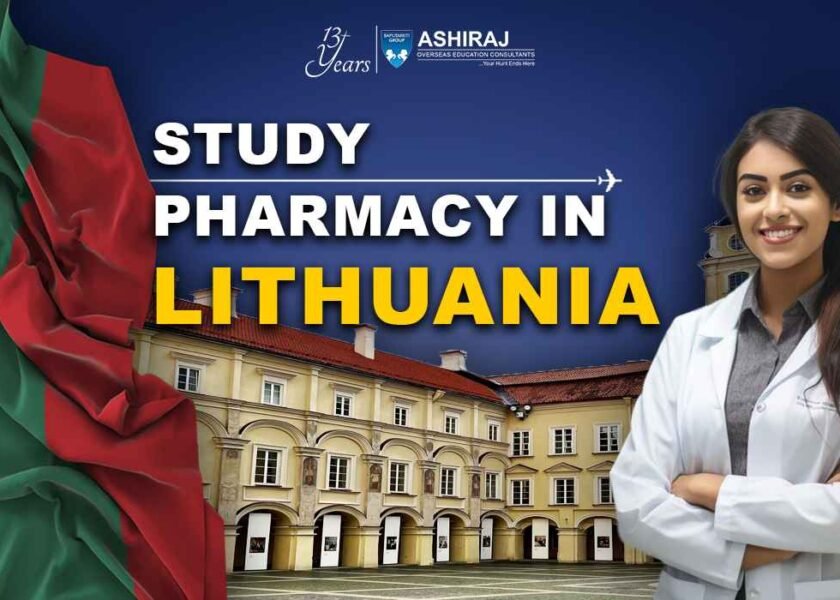
Language in Sweden
Language in Sweden is a fascinating topic that delves into the rich linguistic landscape of this Scandinavian nation. Swedish, a North Germanic language, serves as the official language of Sweden and is spoken by the majority of its inhabitants. However, Sweden’s linguistic diversity extends beyond Swedish, with minority languages such as Finnish, Meänkieli (Tornedalen Finnish), Sami, Romani, and Yiddish also holding significance within certain communities. The Swedish language, renowned for its melodious tones and distinct pronunciation, reflects the country’s cultural heritage and historical influences.
Understanding Language in Sweden entails exploring not only its official tongue but also the dynamic interplay between various linguistic communities. This includes efforts to preserve minority languages and promote multilingualism within the Swedish education system. Moreover, the influence of globalization and immigration has contributed to the emergence of a multicultural linguistic landscape, shaping Sweden’s language policies and societal attitudes towards language diversity. In essence, delving into Language in Sweden unveils a nuanced tapestry of languages, reflecting the country’s commitment to linguistic pluralism and cultural inclusivity.
Why to Study Language in Sweden?
- Linguistic Diversity: Sweden boasts a rich linguistic landscape beyond its official language, Swedish. Exploring minority languages like Finnish, Sami, and Romani provides a unique insight into cultural heritage.
- Global Perspective: Studying language in Sweden offers a window into global perspectives. With English proficiency widespread, interactions are facilitated, enhancing international understanding.
- Educational Excellence: Sweden’s education system emphasizes language learning, providing top-notch programs and resources for language enthusiasts. From beginner to advanced levels, there’s something for everyone.
- Cultural Immersion: Immersing oneself in Swedish language and culture opens doors to authentic experiences. From literature to media, understanding Swedish enhances appreciation for Sweden’s cultural nuances.
- Professional Opportunities: Proficiency in Swedish can be a valuable asset in the job market, particularly in fields like translation, tourism, and international relations. Moreover, Sweden’s global presence offers opportunities for language-related careers worldwide.
- Personal Enrichment: Learning a new language is a journey of personal growth. Studying language in Sweden not only expands linguistic skills but also fosters cultural empathy and adaptability.
In conclusion, studying Language in Sweden offers a multifaceted experience encompassing linguistic diversity, global perspectives, educational excellence, cultural immersion, professional opportunities, and personal enrichment. Whether for academic, professional, or personal reasons, delving into Sweden’s linguistic landscape promises a rewarding journey.
Top Universities to Study Language in Sweden
University | QS World University Ranking 2023 | Type of University | Average Annual Fees | Programs Offered |
Lund University | 70 | Public | $0 – $15,000 | Swedish Language and Literature, Linguistics |
Stockholm University | 92 | Public | $0 – $15,000 | Swedish Language and Literature, Language Technology, Linguistics |
Uppsala University | 116 | Public | $0 – $15,000 | Swedish Language and Literature, Linguistics, Scandinavian Studies |
University of Gothenburg | 143 | Public | $0 – $15,000 | Swedish Language and Literature, Linguistics, Swedish as a Second Language |
Linköping University | 251-300 | Public | $0 – $15,000 | Swedish Language and Literature, Linguistics, Communication Studies |
Studying language in Sweden offers an array of opportunities, with universities renowned for their academic excellence and diverse programs. Lund University, ranked 70th in QS World University Rankings 2023, offers programs in Swedish Language and Literature and Linguistics. Stockholm University, ranked 92nd, provides courses in Swedish Language and Literature, Language Technology, and Linguistics. Uppsala University, ranked 116th, features programs in Swedish Language and Literature, Linguistics, and Scandinavian Studies. The University of Gothenburg, ranked 143rd, offers courses in Swedish Language and Literature, Linguistics, and Swedish as a Second Language. Linköping University, ranked between 251-300, provides programs in Swedish Language and Literature, Linguistics, and Communication Studies. These universities not only provide quality education but also contribute to the understanding and preservation of Language in Sweden.
Course Curriculum for Language in Sweden
- Language Proficiency: The curriculum focuses on developing proficiency in Swedish, the official language of Sweden. Emphasis is placed on reading, writing, listening, and speaking skills.
- Linguistics: Students delve into the scientific study of language, exploring its structure, evolution, and usage. Topics include phonetics, syntax, semantics, and sociolinguistics.
- Literature Studies: The curriculum encompasses the study of Swedish literature, spanning various genres and historical periods. Students analyze literary works, exploring themes, styles, and cultural contexts.
- Language Technology: Some programs incorporate courses in language technology, covering areas such as natural language processing, machine translation, and computational linguistics.
- Multilingualism: Given Sweden’s multicultural society, courses often address issues related to multilingualism, including language policies, language acquisition, and language diversity.
- Cultural Studies: Language learning is intertwined with cultural studies, providing insights into Swedish society, history, and traditions. This interdisciplinary approach enriches students’ understanding of Language in Sweden.
- Practical Application: Many programs include practical components such as internships, language immersion experiences, or research projects, allowing students to apply their language skills in real-world contexts.
In essence, the course curriculum of Language in Sweden offers a comprehensive and dynamic approach to language learning, encompassing linguistic theory, literary analysis, cultural exploration, and practical skill development.
Eligibility Criteria & Admission Requirements for MS in Language in Sweden
- Language Proficiency Test Scores:
IELTS: Overall Band Score of 6.5 or higher
TOEFL iBT: Minimum score of 90
GRE or GMAT scores may be required for certain programs.
- Academic Certificates:
Bachelor’s degree or equivalent from a recognized institution.
Transcripts demonstrating strong academic performance.
- Work Experience:
Some programs may require relevant work experience, particularly for advanced or specialized courses.
Work experience in language-related fields can be advantageous.
- Passport & Student Visa:
Valid passport with at least six months’ validity.
Obtaining a student visa from the Swedish consulate or embassy in your home country.
IELTS, TOEFL, GRE, GMAT Scores:
Test | Minimum Score |
IELTS | 6.5 |
TOEFL iBT | 90 |
GRE | Varies |
GMAT | Varies |
Applicants must meet the specified language proficiency requirements, provide academic certificates, demonstrate relevant work experience if required, and obtain a valid passport and student visa to fulfill the eligibility criteria for Language in Sweden programs. These criteria ensure that students are equipped with the necessary skills and qualifications to succeed in their language studies in Sweden.
Documents Required for Studying Language in Sweden
- Passport: A valid passport with at least six months’ validity beyond the intended period of stay in Sweden.
- Letters of Recommendation (LOR): Two letters from academic or professional references, highlighting the applicant’s suitability for language studies.
- Statement of Purpose (SOP): A concise essay outlining the applicant’s academic background, career goals, and reasons for pursuing language studies in Sweden.
- Curriculum Vitae (CV): A comprehensive resume detailing the applicant’s educational qualifications, work experience, skills, and achievements.
- Official High School Transcripts: Transcripts from the applicant’s high school or secondary education institution, demonstrating academic performance.
- Educational Certificates: Certificates or diplomas verifying the applicant’s educational qualifications, including degrees earned and any relevant language proficiency certifications.
- Work Experience Certificate: If applicable, a certificate confirming the applicant’s work experience in relevant fields.
- Proof of Financial Resources: Documentation demonstrating the applicant’s ability to cover tuition fees, living expenses, and other costs associated with studying in Sweden, such as bank statements or sponsorship letters.
Ensuring the submission of these essential documents is crucial for a successful application to language programs in Sweden. Adhering to the document requirements facilitates a smooth admission process and enables applicants to embark on their Language in Sweden journey with confidence.
Admission Process for Language in Sweden
- Research Programs: Explore language programs offered by universities in Sweden, considering factors such as curriculum, faculty expertise, and campus location.
- Check Eligibility: Ensure you meet the eligibility criteria, including language proficiency requirements and academic qualifications.
- Prepare Documents: Gather required documents such as passport, transcripts, letters of recommendation, statement of purpose, CV, and proof of financial resources.
- Language Proficiency Test: Take IELTS or TOEFL and GRE or GMAT if required, achieving the minimum scores specified by the university.
- Submit Application: Complete the online application form provided by the university, attaching all required documents.
- Pay Application Fee: Pay the application fee as per the university’s instructions, usually through online payment methods.
- Wait for Decision: Await notification from the university regarding the status of your application. This may take several weeks.
- Accept Offer: If accepted, follow the instructions provided by the university to secure your spot in the program.
- Obtain Visa: Apply for a student visa from the Swedish consulate or embassy in your home country, providing necessary documentation.
- Arrive in Sweden: Upon receiving your visa, make travel arrangements to arrive in Sweden before the start of the academic term.
Following these steps diligently ensures a smooth admission process for Language in Sweden programs, enabling students to embark on their linguistic journey with confidence.
“Education is the most powerful weapon which you can use to change the world.”
Nelson Mandela
Cost of Language Course in Sweden
- Tuition Fees: Language programs in Sweden typically have moderate to low tuition fees compared to other countries. On average, annual tuition fees range from $0 to $15,000, depending on the university and program.
- Living Expenses: Living costs in Sweden can vary depending on the city and lifestyle. On average, students should budget around $800 to $1,200 per month to cover accommodation, food, transportation, and other miscellaneous expenses.
- Accommodation: Options for accommodation include university dormitories, shared apartments, or private rentals. Costs can range from $400 to $800 per month, depending on the location and type of accommodation.
- Health Insurance: International students are required to have health insurance coverage while studying in Sweden. The cost varies depending on the provider and coverage options but typically ranges from $300 to $600 per year.
- Books and Supplies: Budget for textbooks, study materials, and other academic supplies, which can amount to approximately $300 to $500 per year.
- Miscellaneous Expenses: Additional expenses such as visa fees, residence permit fees, and leisure activities should also be considered when budgeting for studying in Sweden.
Overall, while the cost of studying Language in Sweden may vary depending on individual circumstances, it is generally considered affordable compared to many other study destinations, offering high-quality education and a rich cultural experience.
Scholarships for Language Courses in Sweden
Scholarship Name | Amount | Application Deadline |
Swedish Institute Scholarships for Global Professionals | Full tuition fees, monthly stipend, travel grant | January/February |
Karolinska Institutet Global Master’s Scholarships | Full tuition fees, living expenses, travel grant | December |
Uppsala University Global Scholarships | Partial tuition fee waivers | January |
Lund University Global Scholarships | Partial tuition fee waivers | January |
Stockholm University Scholarships | Partial tuition fee waivers | January |
Scholarships play a crucial role in facilitating access to Language in Sweden programs for international students. The Swedish Institute Scholarships for Global Professionals offers full tuition fees, a monthly stipend, and a travel grant, with applications typically due in January or February. The Karolinska Institutet Global Master’s Scholarships cover full tuition fees, living expenses, and a travel grant, with a deadline in December. Uppsala University, Lund University, and Stockholm University also offer scholarships providing partial tuition fee waivers, with application deadlines typically in January. These scholarships not only alleviate financial burdens but also contribute to promoting cultural exchange and diversity within the Language in Sweden academic community.
Career Opportunities After Language in Sweden
Job Profile | Average Salary (SEK/year) |
Language Teacher | 350,000 – 500,000 |
Translator/Interpreter | 400,000 – 600,000 |
Content Writer | 350,000 – 500,000 |
International Relations Specialist | 500,000 – 700,000 |
Tour Guide | 300,000 – 450,000 |
Language in Sweden programs open up diverse career opportunities for graduates, ranging from language teaching to international relations. Language teachers in Sweden can earn an average salary of 350,000 to 500,000 SEK per year, depending on experience and qualifications. Translators and interpreters typically earn between 400,000 to 600,000 SEK annually, while content writers can expect similar salary ranges. International relations specialists, leveraging language skills in diplomatic contexts, earn an average salary of 500,000 to 700,000 SEK per year. Tour guides, utilizing language proficiency to engage with tourists, earn approximately 300,000 to 450,000 SEK annually. These career opportunities not only offer competitive salaries but also provide avenues for personal and professional growth, making Language in Sweden programs an excellent investment in one’s future.
Frequently Asked Questions About Language in Sweden
The main language spoken in Sweden is Swedish. However, there are also minority languages such as Finnish, Sami, and Romani.
Yes, many universities in Sweden offer Swedish language courses for international students at various proficiency levels.
While knowing Swedish is not always required, it can be beneficial for daily life and integration into Swedish society.
Yes, there are scholarships available for international students studying language in Sweden, offered by institutions and organizations like the Swedish Institute.
Job prospects after studying language in Sweden include roles such as language teacher, translator, interpreter, content writer, and international relations specialist.
The time it takes to learn Swedish varies depending on factors such as previous language experience, dedication, and immersion in the language environment.
Yes, international students in Sweden are allowed to work part-time during their studies, typically up to 20 hours per week.
Yes, many universities in Sweden offer English-taught language programs, especially at the master’s level.
Requirements for obtaining a student visa include acceptance into a Swedish university, proof of financial means, and health insurance coverage.
You can apply for language courses in Sweden by directly contacting the universities offering the programs or through the Swedish national admissions website, Universityadmissions.se.




